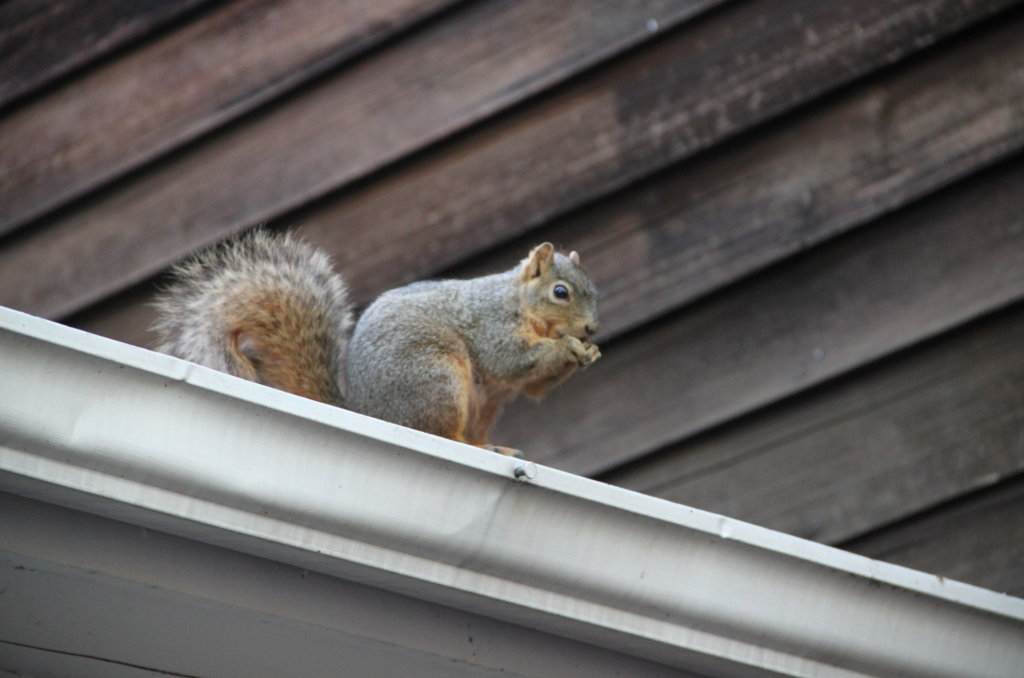Squirrels may seem harmless at first. But once inside your home, they pose real health risks. Their droppings, parasites, and nesting habits can compromise indoor air quality and spread disease. That’s why squirrel removal in Ottawa is not just a question of comfort—it’s a matter of public health.
Contaminated Air from Droppings and Urine
Squirrels use attics, walls, and crawlspaces as nesting zones. Over time, their droppings and urine accumulate, degrading air quality. As these materials dry, they release airborne particles. Inhalation of these particles can cause respiratory irritation or more serious infections. Individuals with asthma, allergies, or weakened immune systems are at a higher risk. In Ottawa, where winters keep homes closed tight, the impact on indoor air can be even more pronounced.
Parasites Transmitted Indoors
Squirrels don’t enter alone. They bring ticks, fleas, mites, and lice with them. These parasites quickly spread through carpets, bedding, and furniture. Tick bites can lead to Lyme disease. Fleas and mites cause persistent itching, rashes, or allergic reactions. Residents may not realize that a sudden increase in skin irritation or unexplained bites is linked to a hidden squirrel infestation. Aspen Wildlife Control regularly identifies parasite problems when conducting squirrel removal in Ottawa homes.
Food and Surface Contamination
Squirrels frequently chew through kitchen spaces to access food. In doing so, they contaminate surfaces with saliva, fur, and fecal matter. This creates an invisible threat to hygiene. Contaminated surfaces may harbor Salmonella or other bacteria, placing household members at risk of gastrointestinal illness. Families with children or elderly residents should act quickly, as these groups are particularly vulnerable to infections caused by bacteria spread by wildlife.
Noise, Stress, and Sleep Disruption
While not infectious, noise created by squirrels can impact mental health. Their movement across ceilings and inside walls often occurs during early morning and evening hours. Repeated noise exposure disrupts sleep and increases stress hormones. Prolonged sleep loss can weaken the immune system and contribute to anxiety. Aspen Wildlife Control often receives calls from Ottawa residents whose sleep is affected by hidden squirrel activity in their homes.
Mold Growth and Allergen Buildup
Nesting materials used by squirrels—such as insulation, feathers, and leaves—retain moisture and promote mold growth. Mold spores, once airborne, contribute to breathing issues and sinus infections. People with seasonal allergies often report worsening symptoms in squirrel-infested homes. Proper squirrel removal in Ottawa includes cleanup and sanitization steps that help restore a safe indoor environment.
Protect your health before the damage spreads
Aspen Wildlife Control offers humane, comprehensive squirrel removal in Ottawa tailored to residential safety. If you suspect an infestation, act before the health effects become visible. Book an assessment with Aspen Wildlife Control.
FAQ’s
What diseases can squirrels spread in Ottawa homes?
Squirrels may carry salmonella, leptospirosis, and tularemia. These pathogens can be transmitted through droppings or contaminated surfaces.
Are squirrel droppings dangerous to breathe in?
Yes. Dried droppings release particles that can cause lung infections, particularly in people with asthma or allergies.
Can squirrels make pets sick?
They can. Fleas, mites, and ticks from squirrels may infest pets, causing skin irritation or more serious illnesses.
How can I tell if squirrels are affecting my air quality?
Symptoms may include increased coughing, sneezing, or a musty odor indoors. Mold and allergens often build up around nests.
Is professional removal better than DIY?
Absolutely. Squirrel removal involves health risks. Aspen Wildlife Control uses safe, compliant methods tailored for Ottawa homes.

